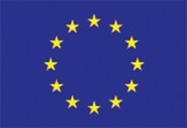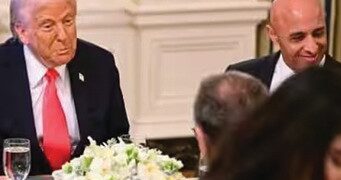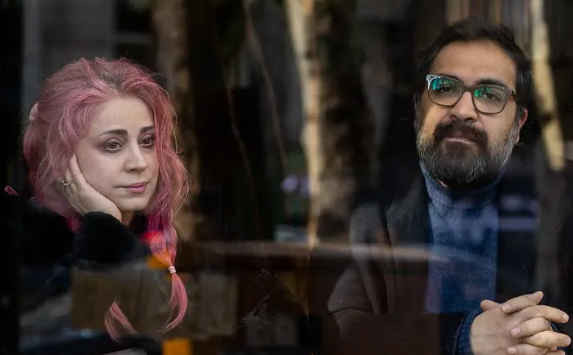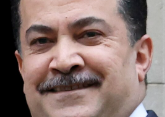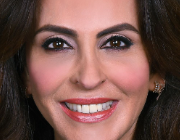the commander of Iran’s Qods Force said last Thursday.
“A number of major [new] Irans have been born in the region today. Egypt is a [new] Iran, whether you accept it or not,” Major General Qassem Soley-mani told a gathering of 50,000 Basij militia members in Kerman. It was a rare public appearance.
The Qods Force is the shadowy foreign operations arm of the Pasdaran. The United States has accused Soleymani and other Qods Force members of being involved in an alleged plot to assassinate the Saudi ambassador to Washington.
Soleymani drew parallels between the upheavals this year in several Arab countries and Iran’s 1979 revolution, telling the United States: “Know that today Libya, Yemen and Bahrain are also [new] Irans.”
These “great nations will stand together against the threat” of Western powers, the Fars news agency quoted him as saying.
While the Arab uprisings have certainly not been pro-American, few analysts would describe them as pro-Iran or even Islamic. The issues aired most loudly in the rebellions have been the scale of corruption and the absence of democracy.
Tehran has consistently portrayed the Arab Spring—which it calls the Islamic Awakening—as being inspired by its own Islamic revolution.
Soleymani has long been under scrutiny by US officials, who accuse him of supporting Iraqi militias that attack US troops in Iraq.
The Qods Force chief also responded to comments by two neo-conservatives testifying before Congress in a hearing last month, who urged the United States to assassinate Pasdar commanders, such as Soleymani.
“To those who think threats will spread fear among us, I will say this: that I ask God to grant me martyrdom at the hands of the enemy,” he said. “I do not see [an assassination] as a threat but rather giving, helping along an old desire,” he was quoted as saying.




